Beijing, May 15 (V7N) – The 90-day suspension of the US-China trade war has been met with markedly different interpretations on either side of the Pacific. While the Trump administration is touting it as a negotiating triumph, China is celebrating it as a national victory—one that strengthens its economy and enhances its standing among developing nations.
The deal, reached after a series of fast-paced negotiations, temporarily pauses reciprocal tariffs that had escalated dramatically over the past year. Under the current agreement:
-
US tariffs on Chinese goods will drop from 125% to 10% for the 90-day period.
-
Tariffs on e-commerce packages under $800 will be reduced by half.
-
A 20% tariff on China, related to the country’s alleged role in the fentanyl trade, remains unchanged.
In response, China has agreed to lower tariffs on select US imports by 10% and has lifted the ban on Boeing aircraft—a critical move given its ongoing aviation needs. The Chinese government is also considering easing restrictions on rare earth exports, a strategic resource in global electronics manufacturing.
National Sentiment in China: "A Hero of the Global South"
Chinese state media, including Xinhua, have framed the agreement as a strategic success. Editorials emphasize that the move prevents economic deceleration and portrays China as a responsible global player, especially within the Global South.
“There’s a sense of triumph in China,” reported one analyst. “The temporary truce is being portrayed as a smart, stabilizing move that proves Beijing’s resilience and strategic patience.”
However, economic experts warn that the situation remains fragile. With President Trump’s unpredictability, there are ongoing fears in Beijing that the US could reinstate tariffs at any moment, particularly if talks stall or if domestic political pressures intensify.
Economic Optimism Rebounds
The tariff suspension has already boosted market confidence.
-
Goldman Sachs has revised China’s GDP growth forecast for 2025 from 4.0% to 4.6%, citing reduced trade risks.
-
JPMorgan projects 4.8% growth, anticipating a stabilization of exports that were previously expected to decline by 5%.
The Road Ahead
Despite the upbeat mood, some Chinese economists are cautious, suggesting the Communist Party may slow down reform measures to maintain internal control and navigate external pressures more cautiously.
Negotiations will continue during the 90-day window, particularly over fentanyl-related sanctions and e-commerce regulation. Both sides have emphasized the need for “wisdom and courage,” as stated in a Xinhua editorial, to reach a long-term solution.
The coming months will reveal whether this truce is a turning point in US-China relations—or merely a pause before the next escalation.
END/MSS/AJ



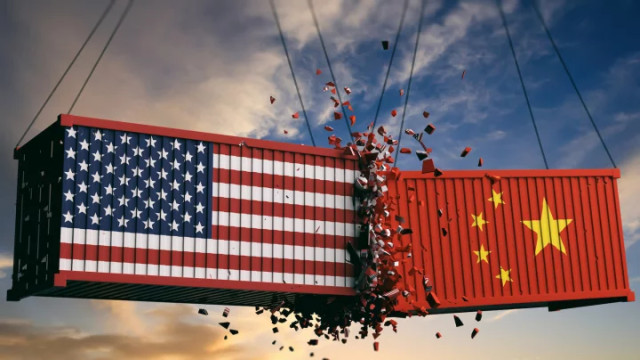
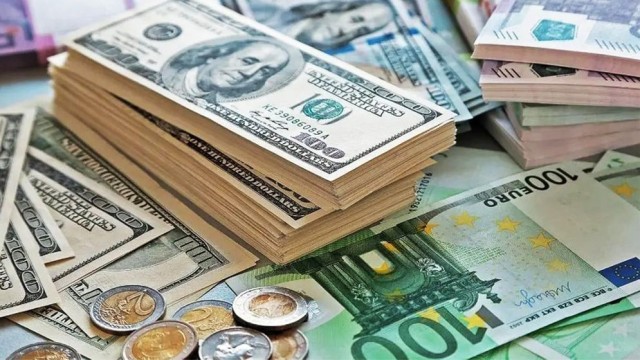






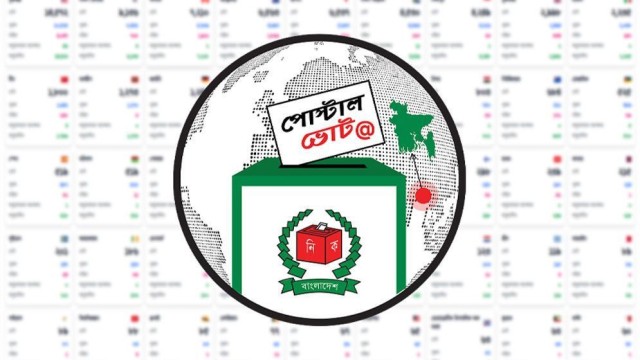



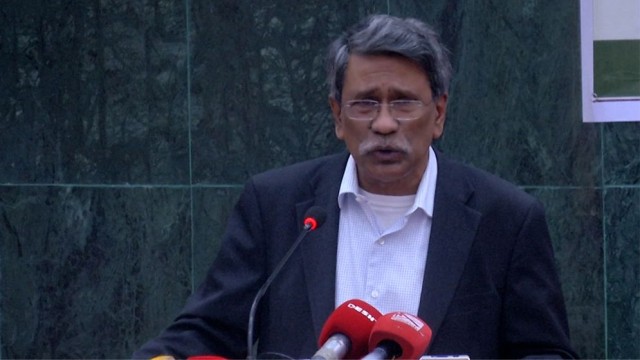









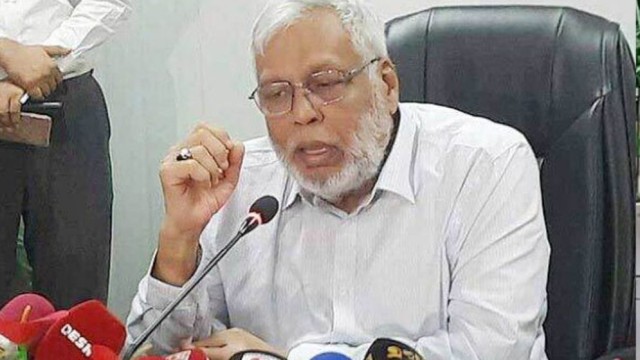





Comment: